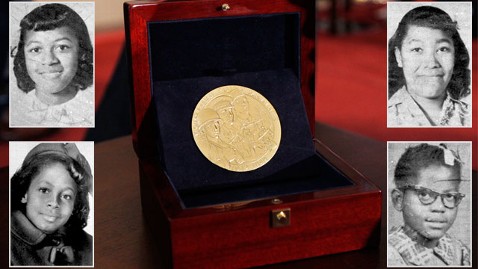A long time ago--almost a year--Ella's Wonder Wednesday #14 Regifting at Poets United asked for favorite poems. I returned there today for Kim's Verse First ~ Writers are Lovers
using one of my Gift Poems for inspiration. A pretty great place, Poets United!
 |
| Adrienne Rich (right), with writer Audre Lorde(left) and Meridel Le Sueur (middle) in Austin Texas, 1980 |
In this photograph, two writers who influence(d) me greatly frame a legendary writer and thinker they helped to rediscover in the 1960s. I first read their work in the 1970s. Today I focus on Adrienne Rich. After she died on 27 March 2012, writer and friend Marge Piercy wrote this:
Another obituary
We were filled with the strong wine
of mutual struggle, one joined loud
and sonorous voice. We carried
each other along revolting, chanting,
cursing, crafting, making all new.
First Muriel, then Audre and Flo,
now Adrienne. I feel like a lone
pine remnant of virgin forest
when my peers have met the ax
and I weep ashes.
Yes, young voices are stirring now
the wind is rising, the sea boils
again, yet I feel age sucking
the marrow from my bones,
the loneliness of memory.
Their voices murmur in my inner
ear but never will I hear them
speak new words and no matter
how I cherish what they gave us
I want more, I still want more.
Copyright 2012 Marge Piercy
I do too.
Listen for one minute and forty seconds:
Poet/lover: Adrienne Rich
Hers is the voice I meditate to, me safely tucked
into the edges of dread while she translates
their calculated disguises, images and sounds
for humans like me who still hug trees and listen
to poems she creates of the unspeakable—
What?
Yes, yes.
She died at age eighty-one back in twenty twelve
but she was so far ahead that
it will take us decades to catch up.
And her voice still purrs out strength from You Tube
So
I will still call her present, invoke her presence,
love her madly and enter her landscapes, listing
her titles as song:
The Will to Change, Diving into the Wreck
and The Dream of a Common Language led
me to Twenty-one Love Poems where I bled
and stayed through the radical seventies
A Wild Patience has Taken Me This Far
ushered in the studious eighties, when I
reentered the academy and abandoned
her and other lovers until now as I stand
To re-enter the edges, I listen for her voice—
she will talk of trees, doorframes and this difficult world,
speak utter truth from her salvaged skin to
my bag of bones so I will bleed and breathe and sigh and love and make love again.
Posted for Kim's Verse First ~ Writers are Lovers at Poets United. Oh! Can you believe that The Paris Review just this minute re-posted their interview with Adrienne Rich, "Adrienne Rich on ‘Tonight No Poetry Will Serve’ " on Facebook?? Here's the Facebook post:
“The split in our language between ‘political’ and ‘personal’ has, I think, been a trap.” —Adrienne Rich
Read our 2011 interview with the American poet here: http://tpr.ly/hK3j0y
Copyright © 2013 S.L.Chast





